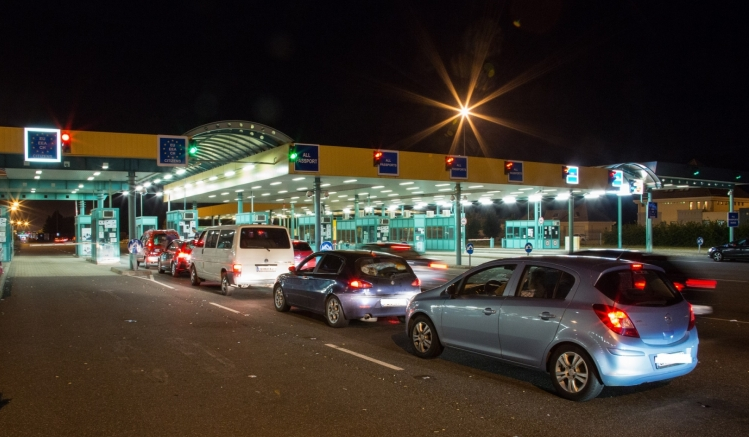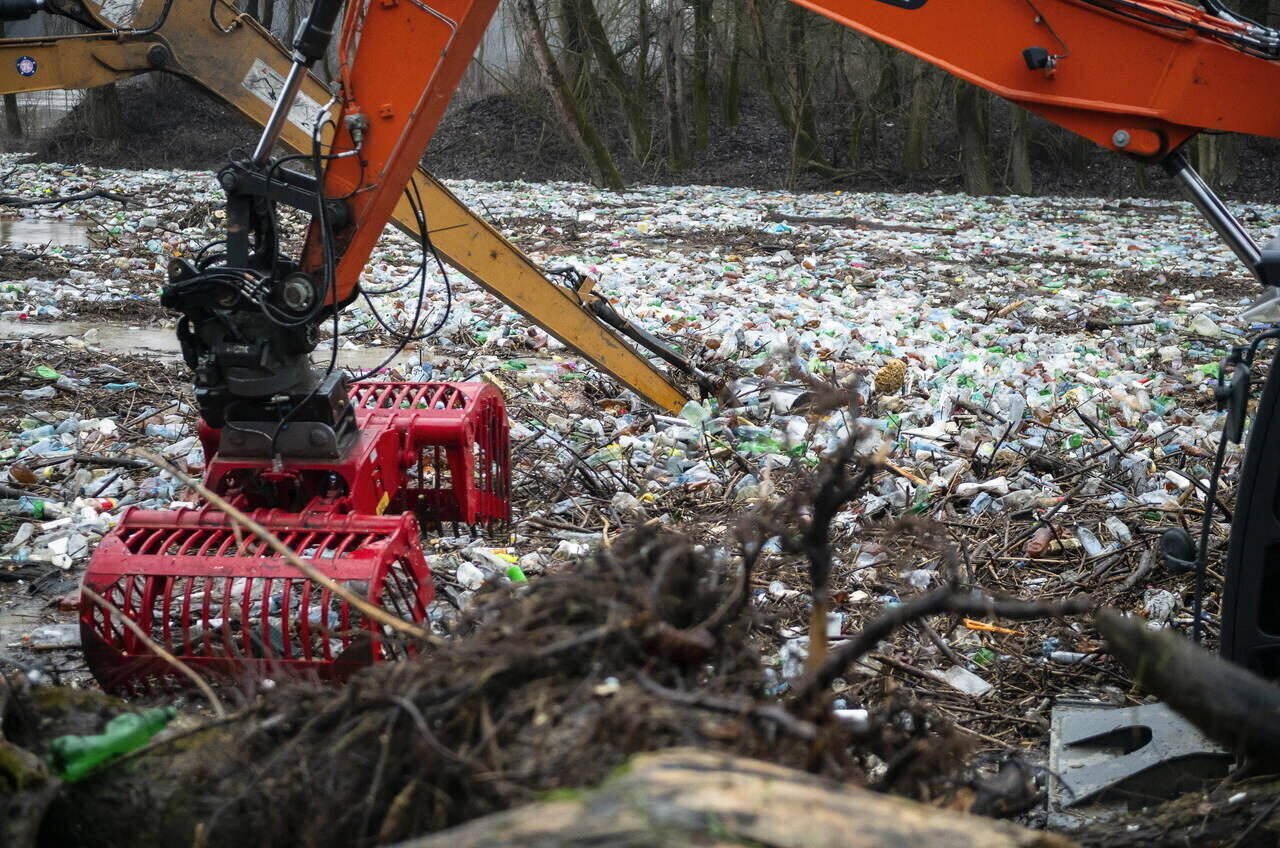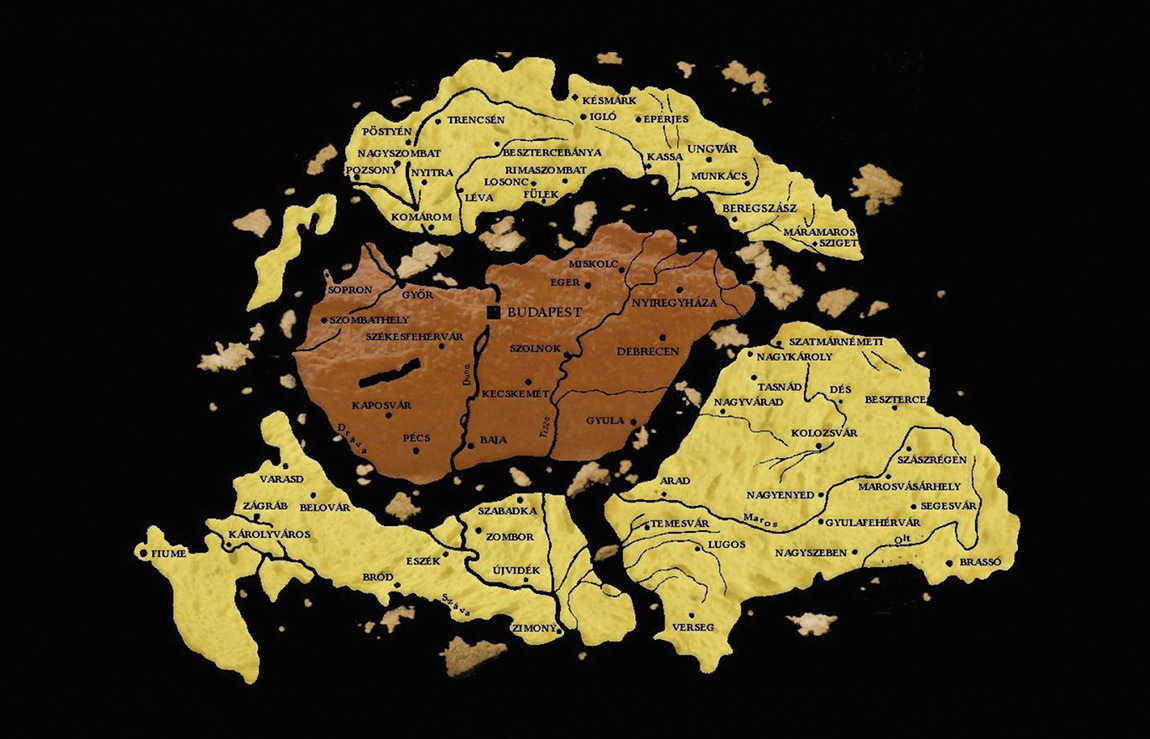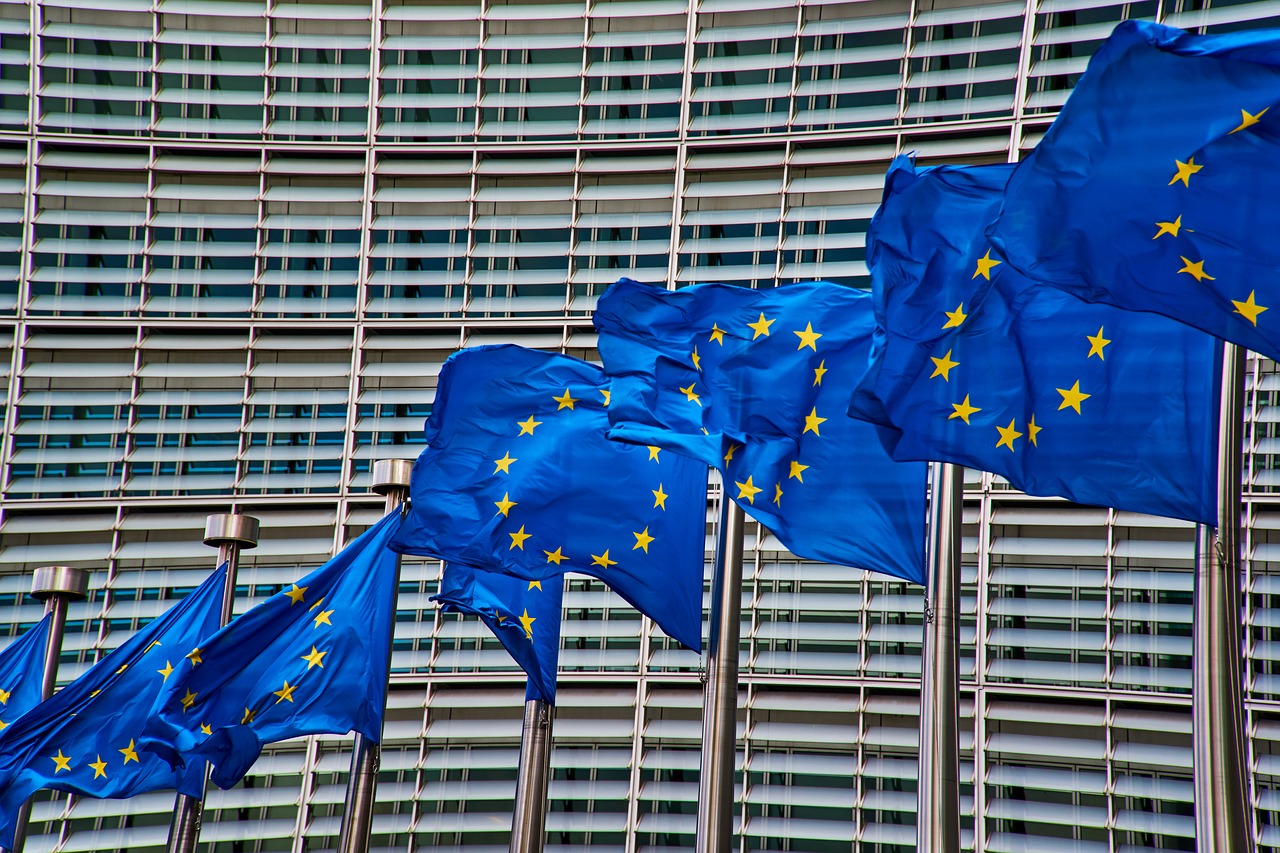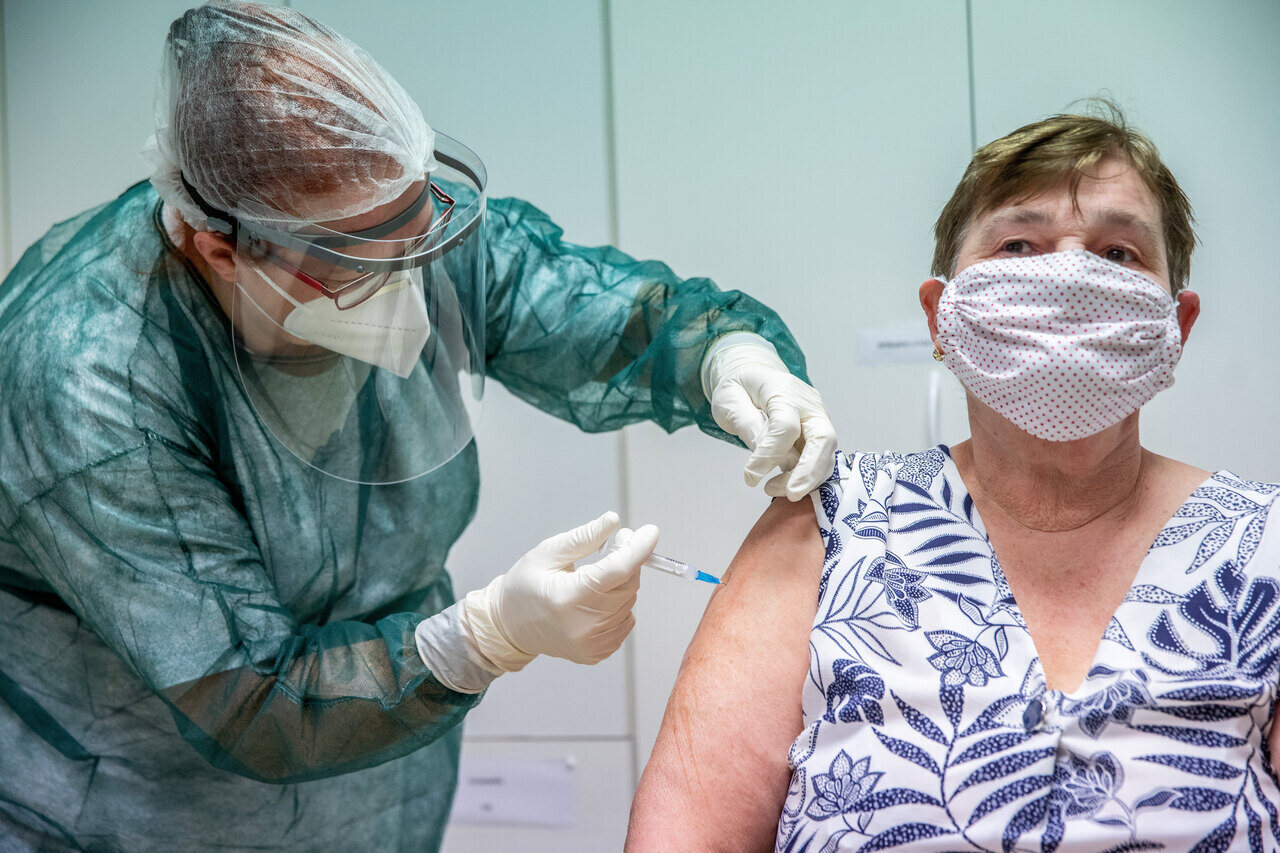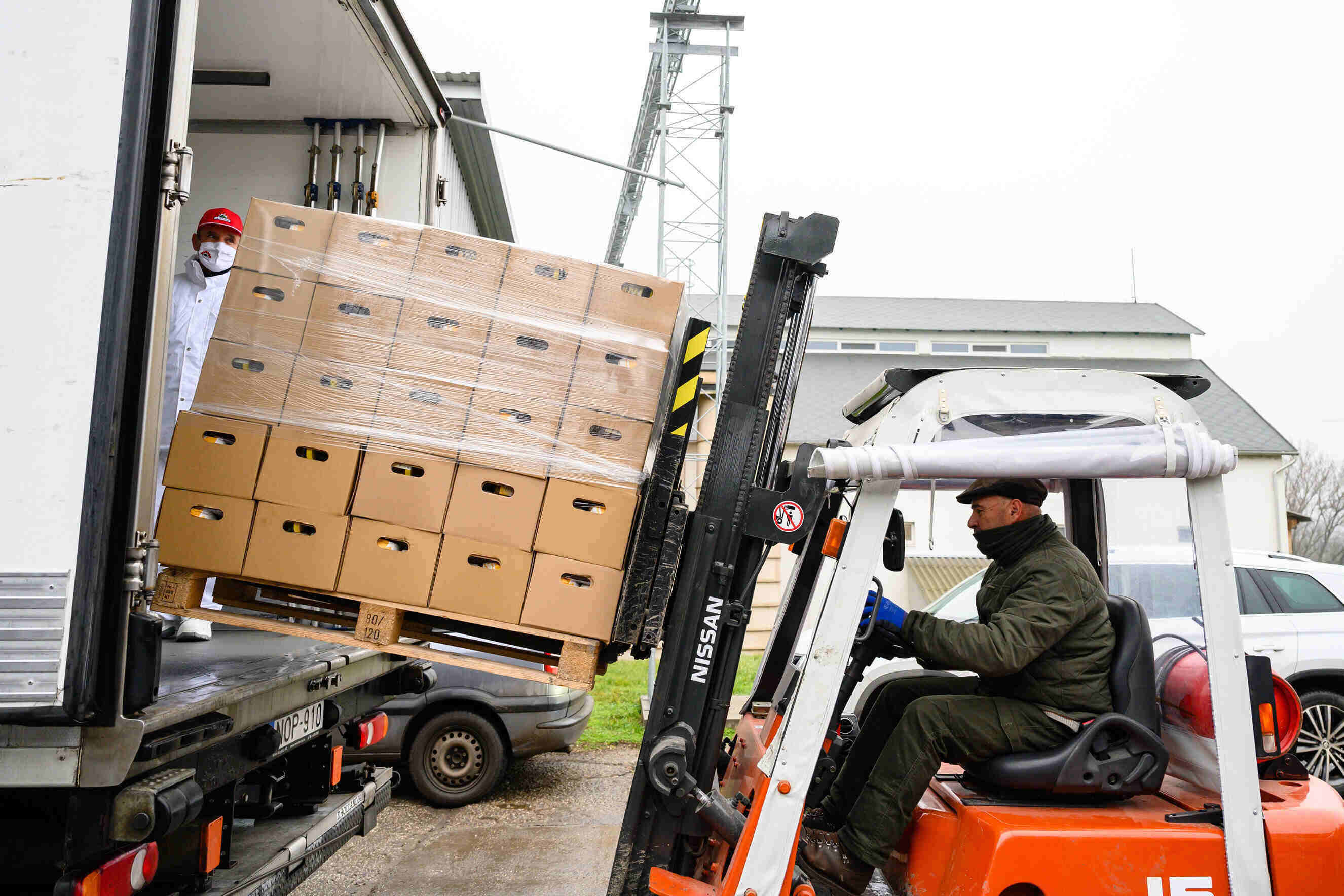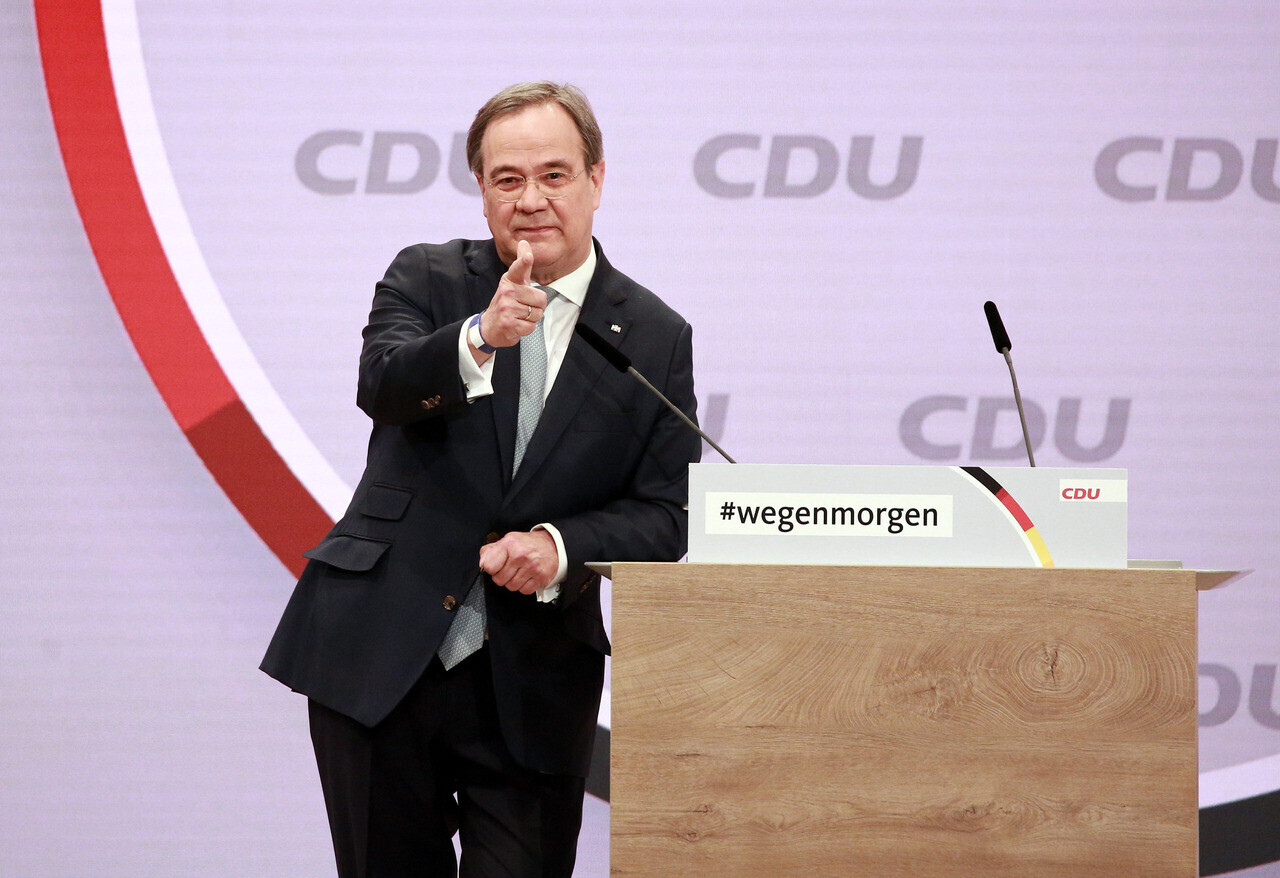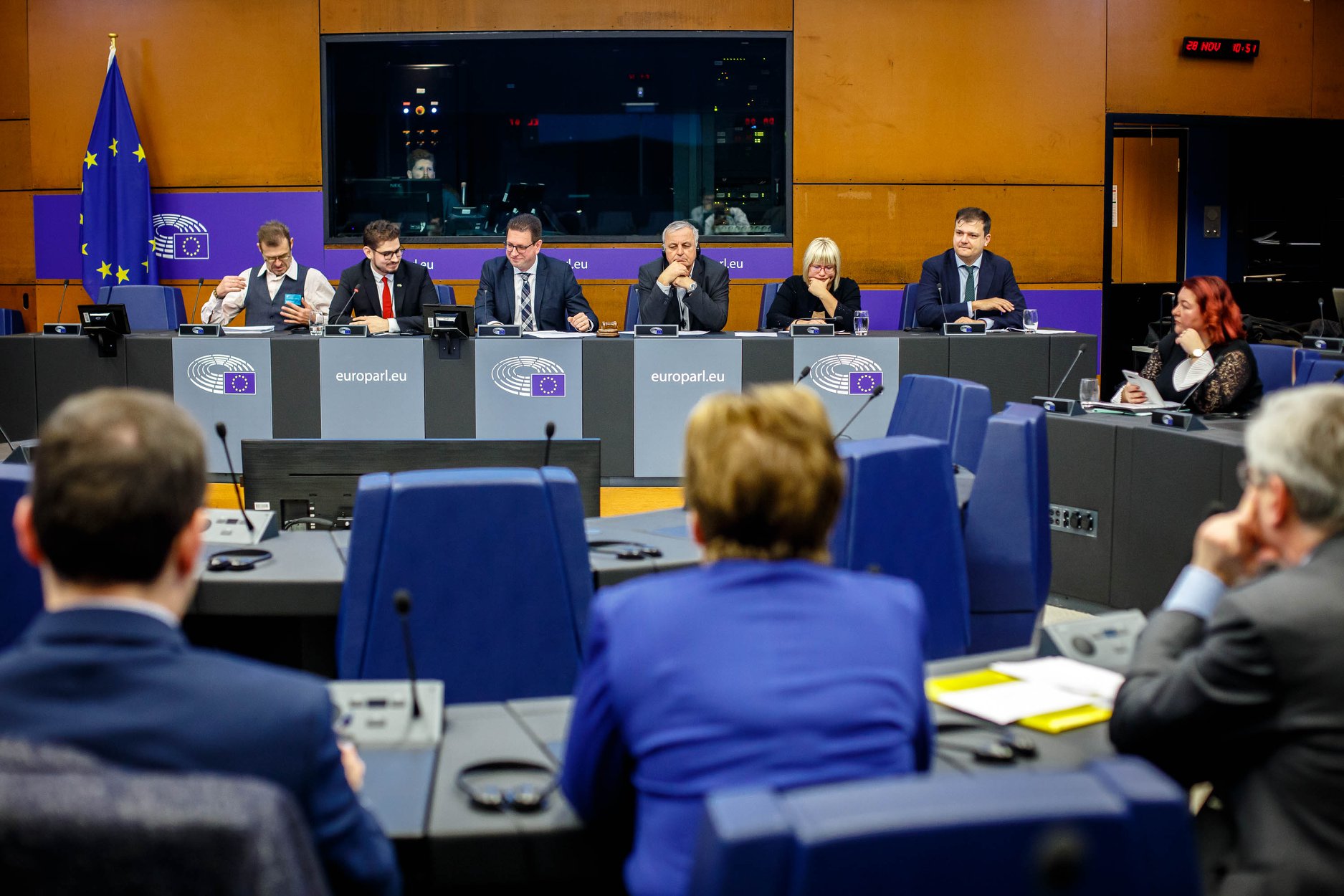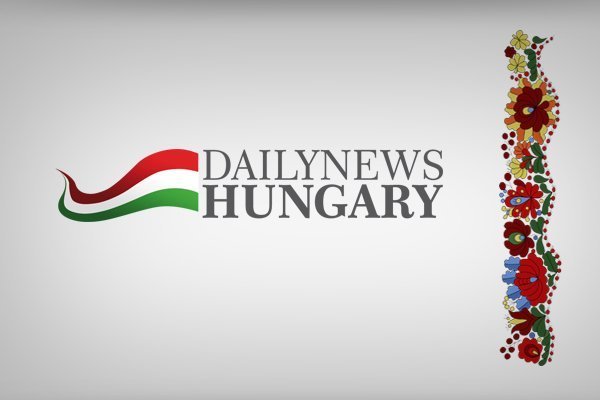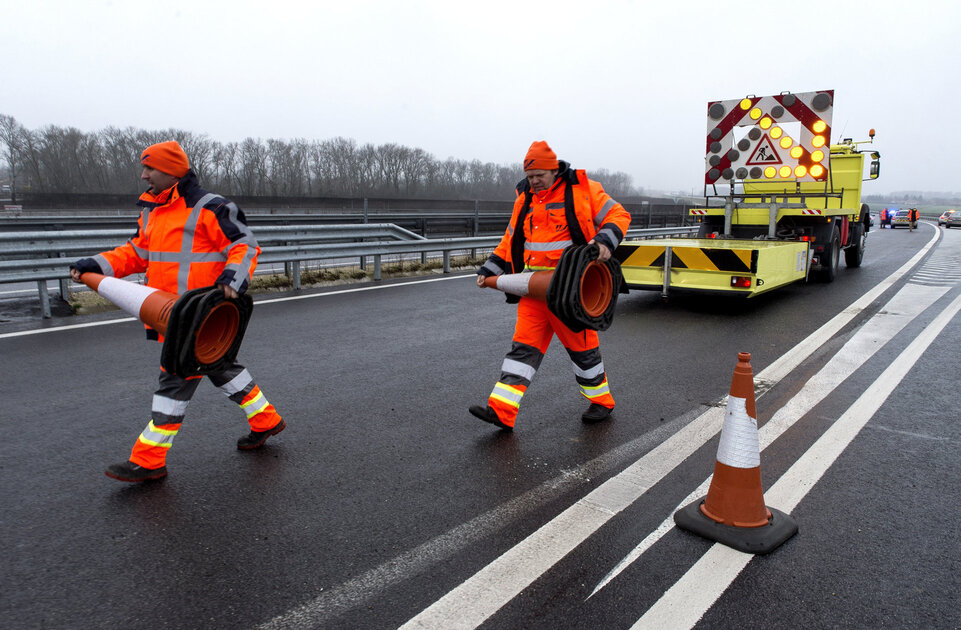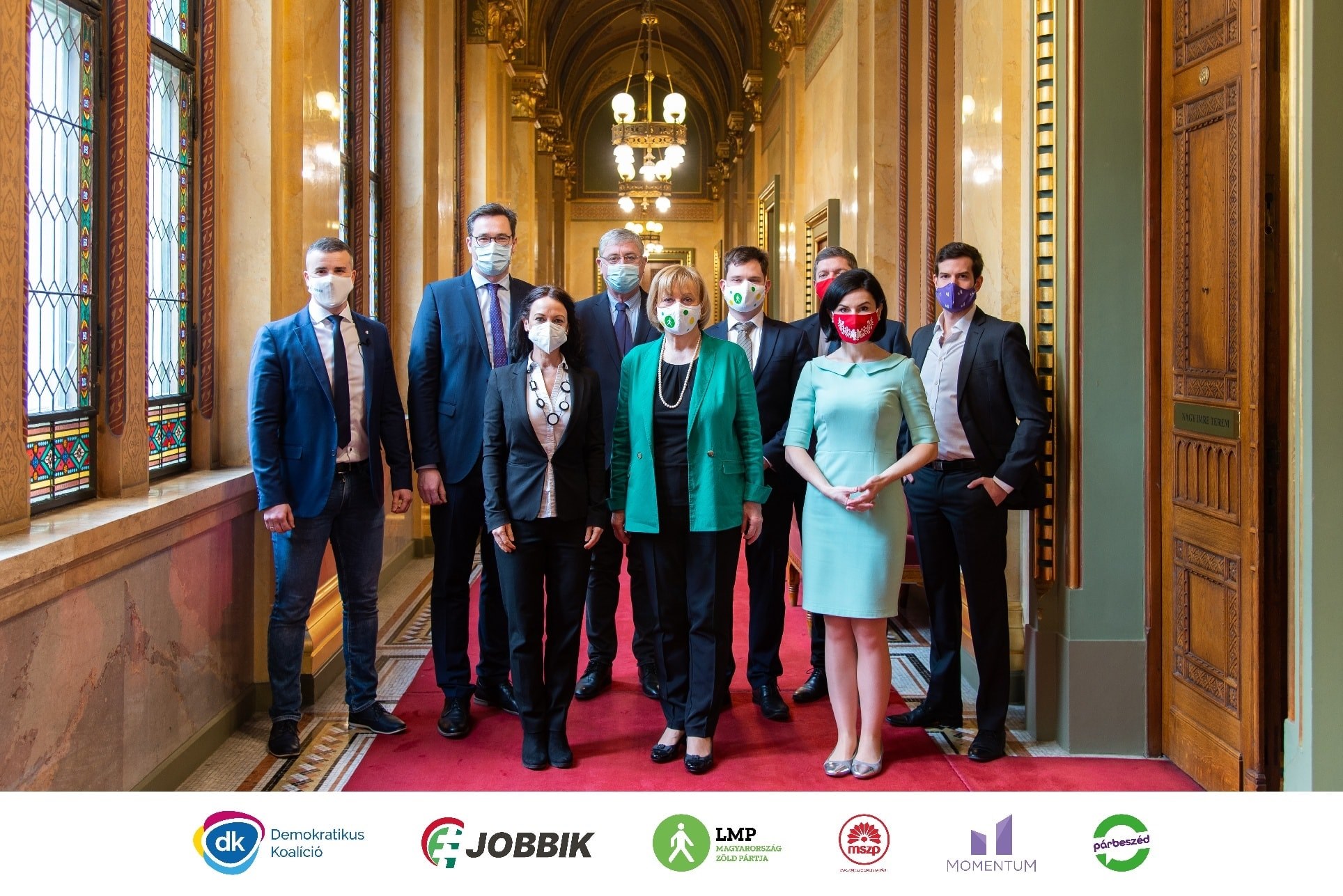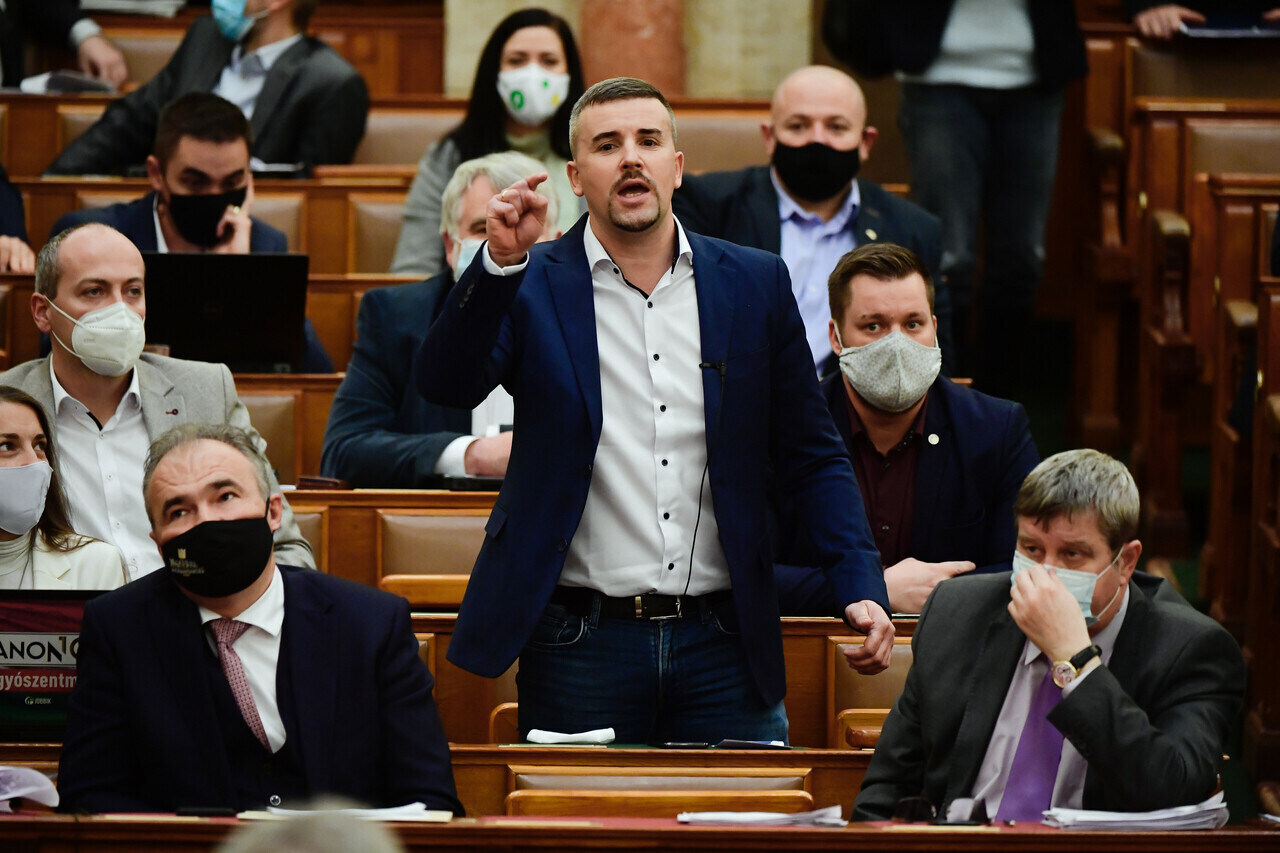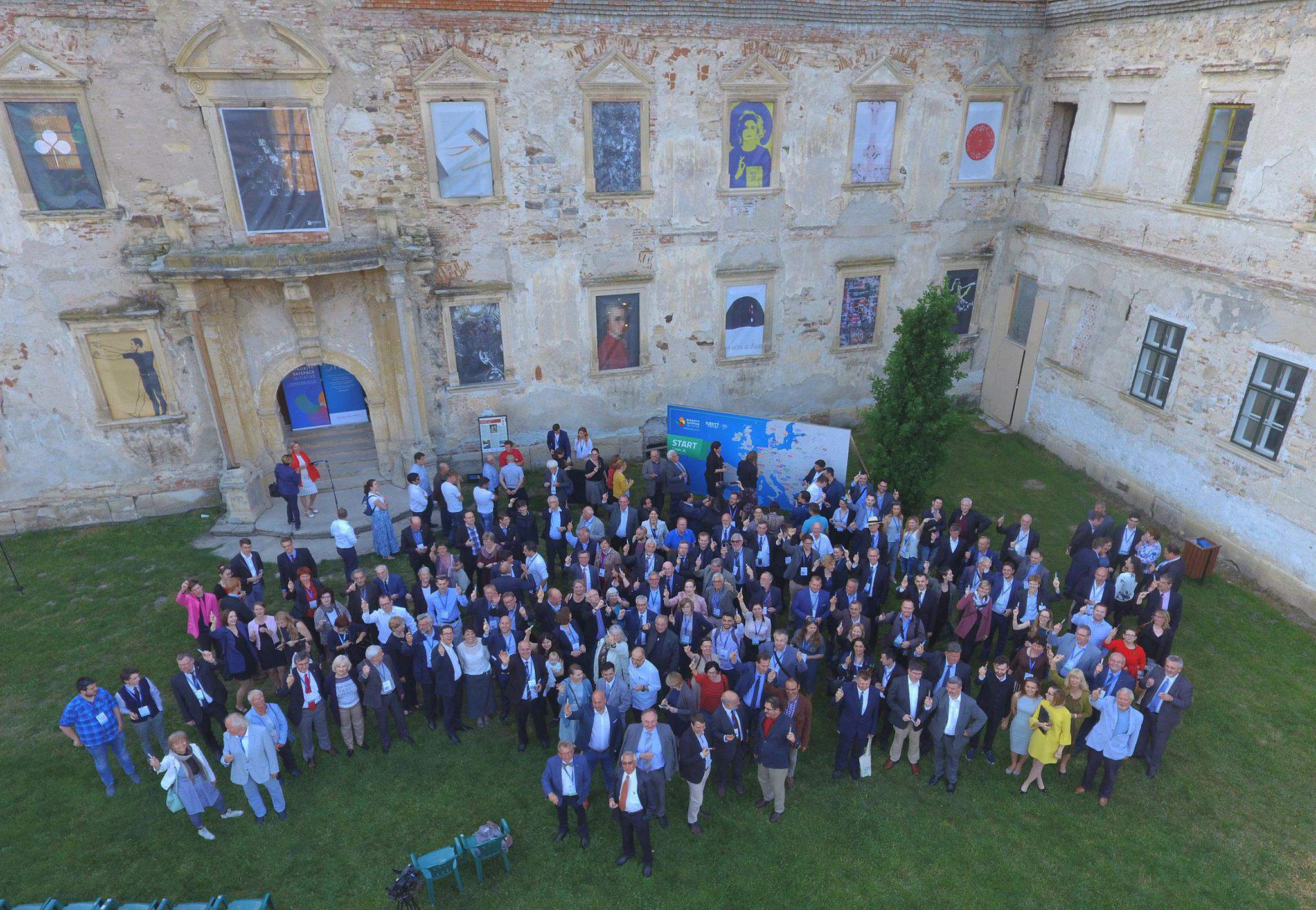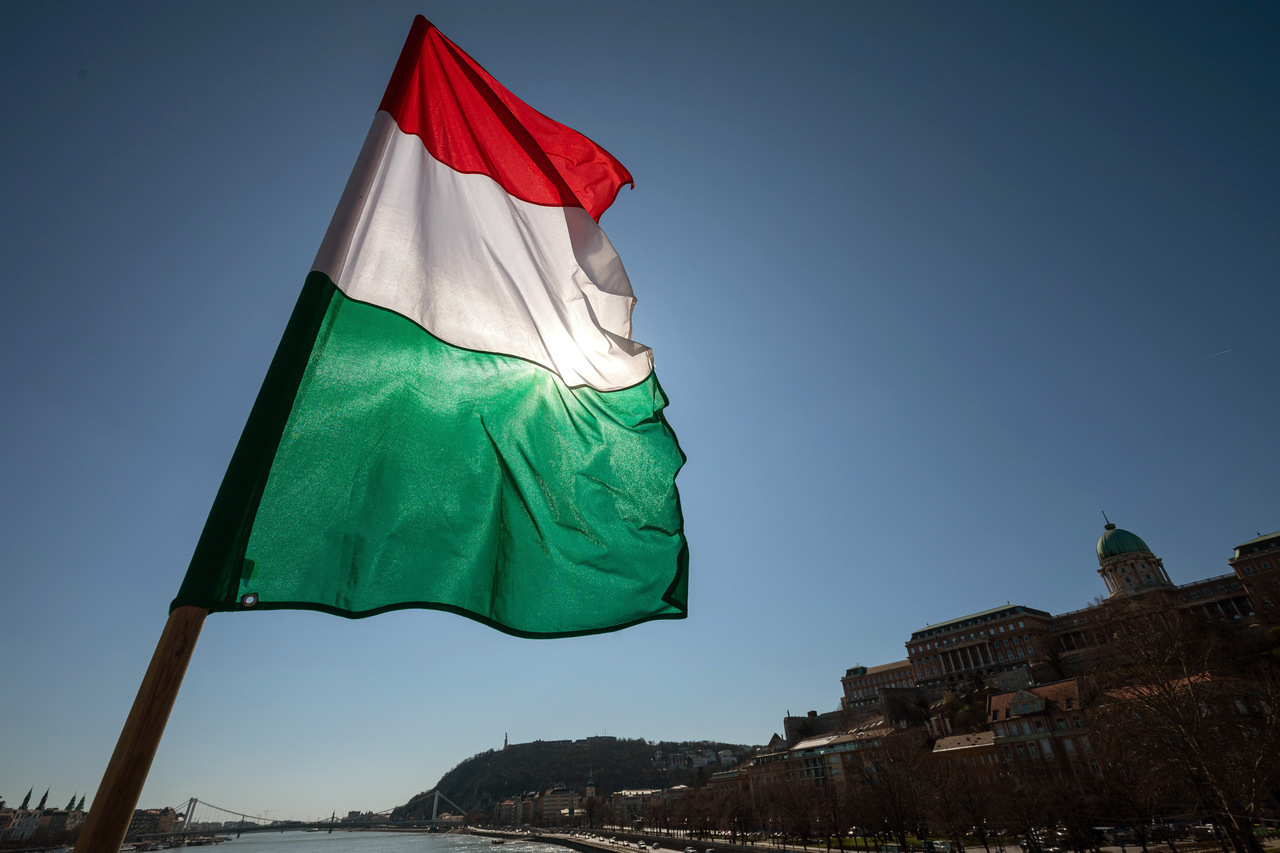You can read the thoughts of Jobbik MEP Márton Gyöngyösi on the Portuguese presidency below. The article was published originally on gyongyosimarton.com.
Half a year ago I posted a multi-part essay to discuss the key areas where we expected the German presidency to provide solutions and guidance for the European Union. The huge challenges facing the European community were worthy of a big and strong country: the adoption of the economic recovery package and the seven-year budget (MFF) as well as most of the Brexit negotiations were still ahead of us at the time.
Although I do have reasons to hope that the upcoming period will be a bit less stressful for the EU, I still have expectations from the Portuguese Council Presidency. In fact, now that the most pressing issues have been successfully concluded,
I believe it’s time for some fine-tuning.
Just as I was optimistic about the challenges tackled by the presidency of a large country half a year ago, I am especially happy that the presidency is taken over by Portugal now. Why is that?
Looking at the map you might find it surprising, but I am convinced that my homeland, Hungary and Portugal are similar in many ways, despite the fact that these two nations live on the direct opposite sides of Europe. As far as their areas and populations are concerned,
Hungary and Portugal have approximately the same weight.
Although Portugal set out on the path of democracy earlier and it is also somewhat wealthier than Hungary, both countries belong to the poorer periphery of the European Union. Consequently, there are several issues that are just as sensitive for Portugal as for Hungary or Central Europe as a whole.
When Portugal’s Minister of State for Foreign Affairs Mr Augusto Santos Silva visited the EP Committee on Foreign Affairs (AFET), I voiced three of my expectations that I believe may have outstanding importance for Portugal, too.
1.
The first one was the issue of addressing the serious income inequalities within the European Union.
As the launcher of the European Citizens’ Initiative for the Wage Union, I am fully aware that the brain and hand drain, which is driven by the income gap, is affecting Portugal as well as Central Europe.
I trust that a country which suffers from the impact of this problem will show more empathy in terms of the social challenges experienced in the EU’s peripheral countries. The fact that the Portuguese presidency has moved toward strengthening the EU’s social pillar is certainly a positive sign in that regard.
2.
The second issue is the rule of law: the rule of law mechanism applies as of 1 January, but it’s time to truly implement it. I believe that a country with first-hand experience of the challenges related to the transition from a dictatorship to a democracy may offer a better insight into the problem and, as a smaller Member State,
Portugal can hardly be accused of having vested financial or economic interests in making friends with despots embezzling EU funds
(which suspicion may unfortunately be quite justified in the case of the German political and economic elite). I hope that Portugal will be able to take the necessary steps in this area because democracy is the foundation of the EU. If a politician undermines the rule of law in his own country, he also destabilizes the EU, which we cannot allow to happen.
3.
The third issue is something that causes a lot of distress for the EU’s smaller Member States: real decisions are often made by the leaders of the larger Member States behind closed doors instead of through open discussions. Beside going completely against the EU’s fundamental principles, this practice alienates citizens and fuels the fire of populism. Not to mention that it also excludes the smaller countries and their citizens from the decisions that affect all of us. I trust that the Portuguese Council Presidency will take more active steps in this regard than a larger Member State would.
Half a year is not too long a time (although it might seem a lot now, during the lockdown), but it is perhaps enough for the Portuguese presidency to start the fine-tuning process now that
we have found solutions for the EU’s most pressing problems dominating our political discourse.
It will be an equally difficult challenge.




